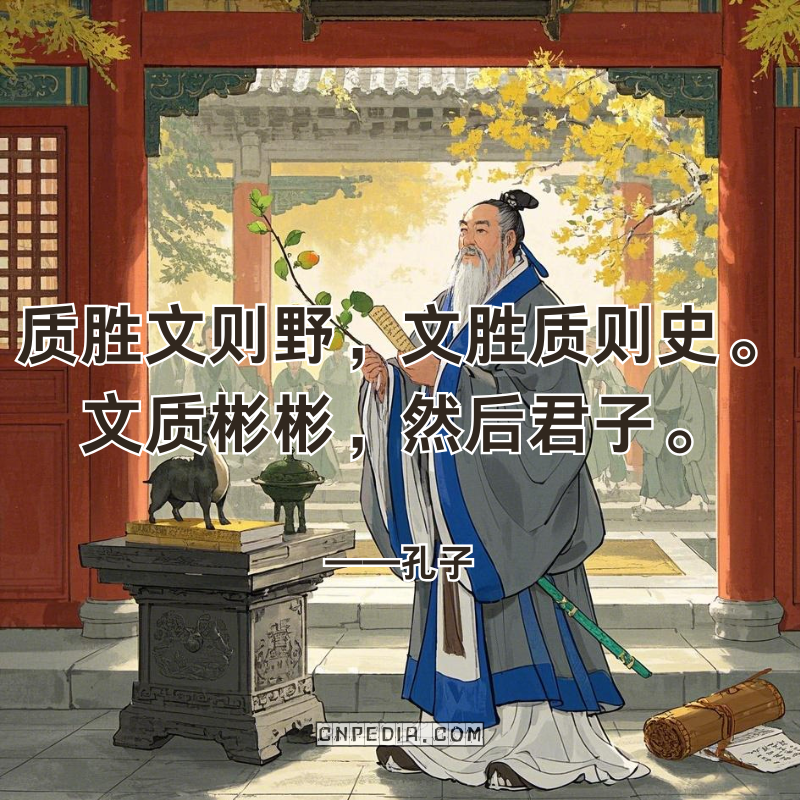
质胜文则野,文胜质则史。文质彬彬,然后君子。——孔子
(zhì shèng wén zé yě, wén shèng zhì zé shǐ. wén zhì bīn bīn, rán hòu jūn zǐ — Kǒngzǐ)
Translation: “Substance over form becomes barbarism; form over substance becomes pedantry. Only balanced grace creates nobility.”
Explanation:
Confucius’ maxim “Substance over form becomes barbarism; form over substance becomes pedantry. Only balanced grace creates nobility” establishes humanity’s earliest documented theory of aesthetic-ethical integration. The term 文质彬彬(wén zhì bīn bīn) originally described jade’s paradoxical perfection—crystalline hardness (质(zhì)) harmonized with pearlescent luster (文(wén)). This became a blueprint for ideal human cultivation, where raw integrity and cultural refinement mutually enhance rather than compete.
Ancient artisans operationalized this principle through ritual jade carvings and Song Dynasty porcelain glazes that balanced structural integrity with artistic motifs. Scholar-officials embodied it via “calligraphic substance”—using standardized script (文(wén)) to express personal virtue (质(zhì)) in imperial examinations. Modern parallels emerge in Dieter Rams’ “Less but Better” design ethos, where Braun products achieve 彬彬(bīn bīn) through functional simplicity married to tactile elegance.
Behavioral economists now quantify this balance. MIT’s 2022 neuroaesthetics study found products blending utility/beauty (60:40 ratio) activate both dorsolateral prefrontal (practical judgment) and medial orbitofrontal (aesthetic appreciation) cortices. Political scientists similarly identify “charisma calibration” in leaders like Jacinda Ardern, whose policy substance (质(zhì)) and narrative skills (文(wén)) synergistically build trust.
The digital age urgently needs this wisdom. AI interface designers combat “barbarism” (over-functional chatbots) and “pedantry” (over-animated metaverse avatars) through 彬彬(bīn bīn) algorithms balancing task efficiency with emotional resonance. From smartwatch UX to ESG corporate reporting, Confucius’ jade-inspired equilibrium becomes our antidote to civilization’s twin excesses of crude pragmatism and empty spectacle.

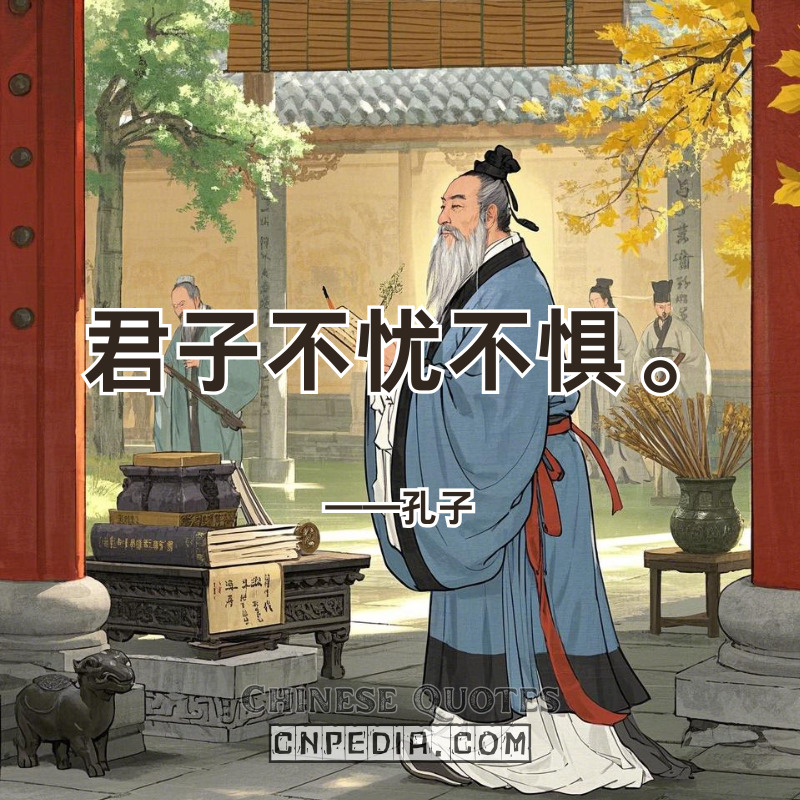

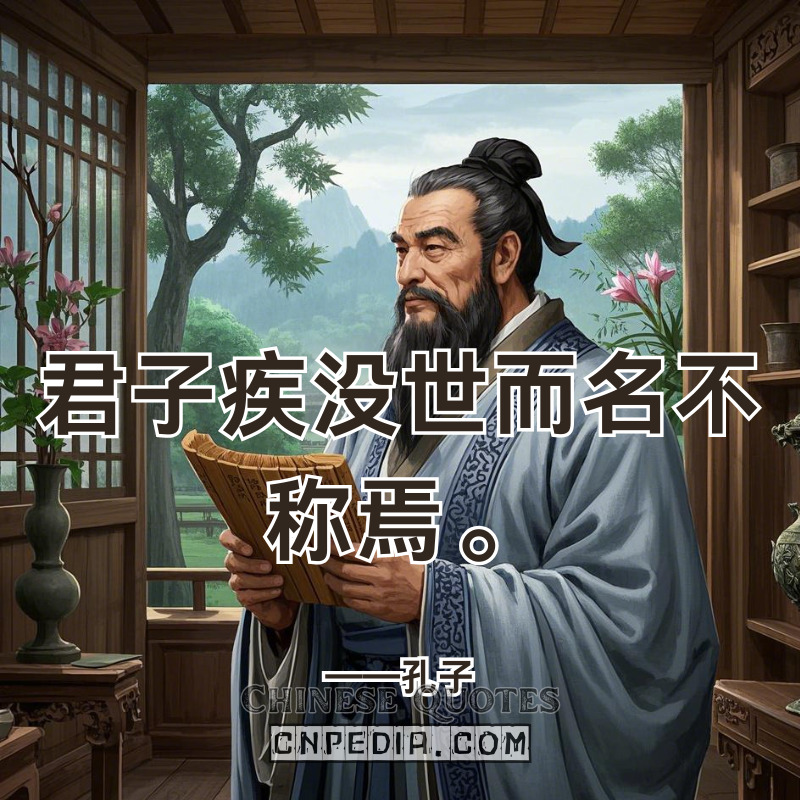
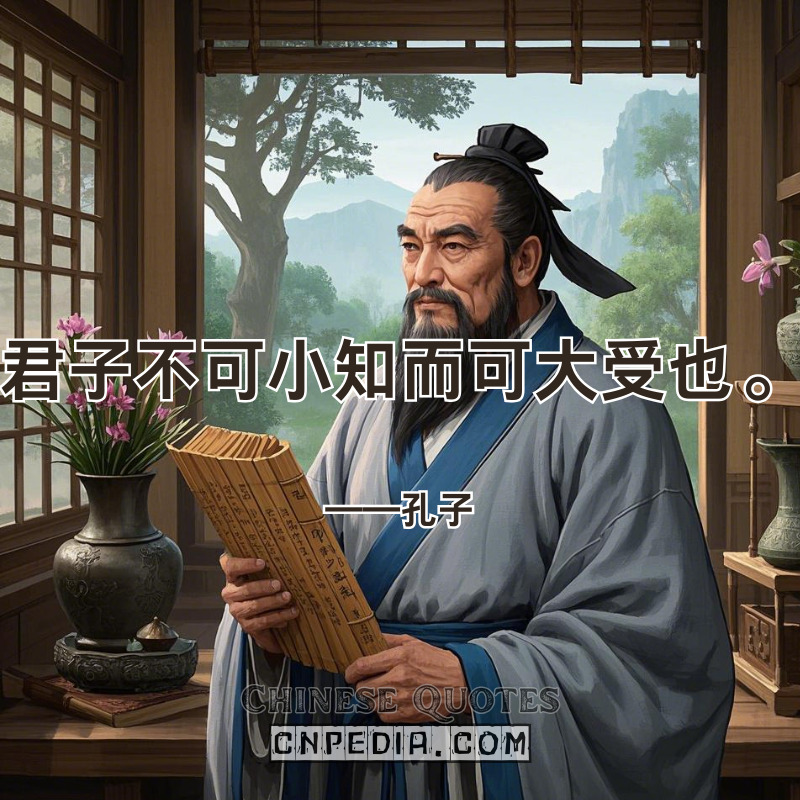
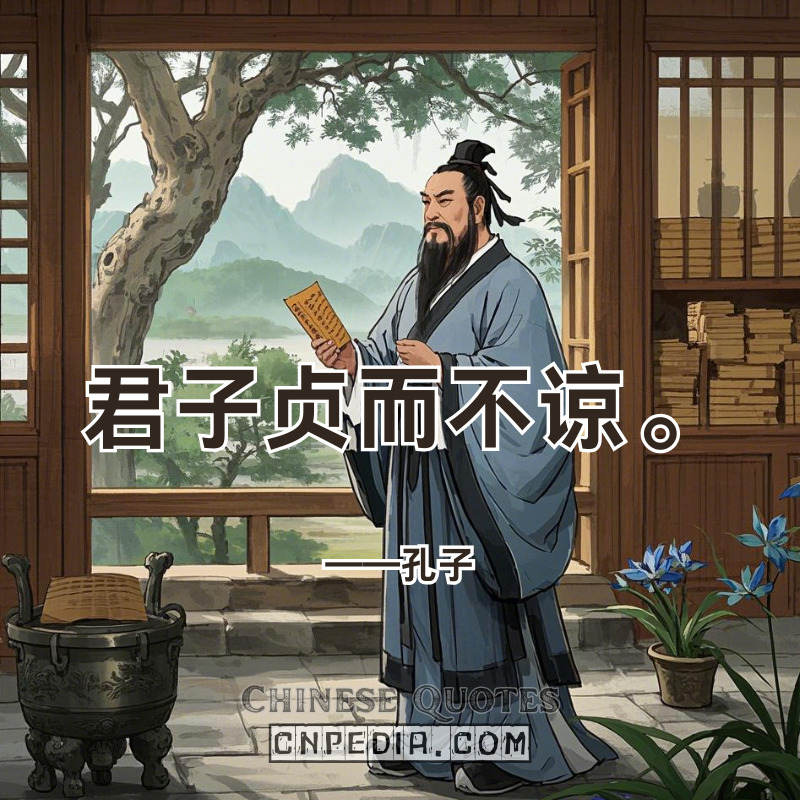


——Records-of-the-Grand-Historian-Biographies-of-the-Money-makers.jpg)
——Records-of-the-Grand-Historian-Biographies-of-the-Money-makers.jpg)
——Records-of-the-Grand-Historian-Biographies-of-the-Money-makers.jpg)
——Records-of-the-Grand-Historian-Biographies-of-the-Money-makers.jpg)
——Records-of-the-Grand-Historian-Biographies-of-the-Money-makers.jpg)
——Records-of-the-Grand-Historian-Biographies-of-the-Money-makers.jpg)